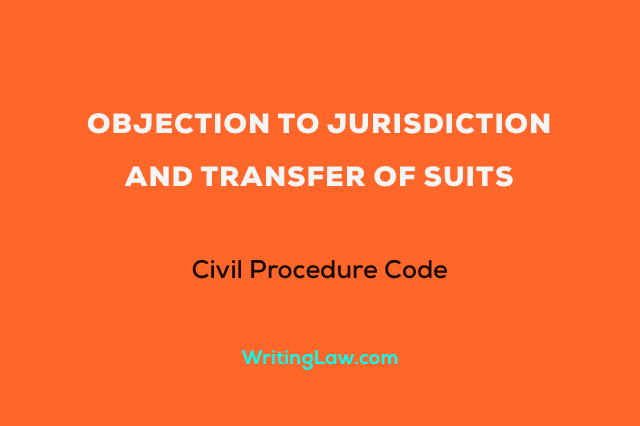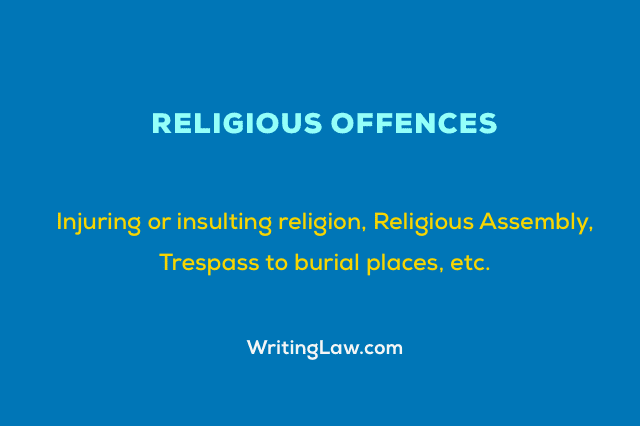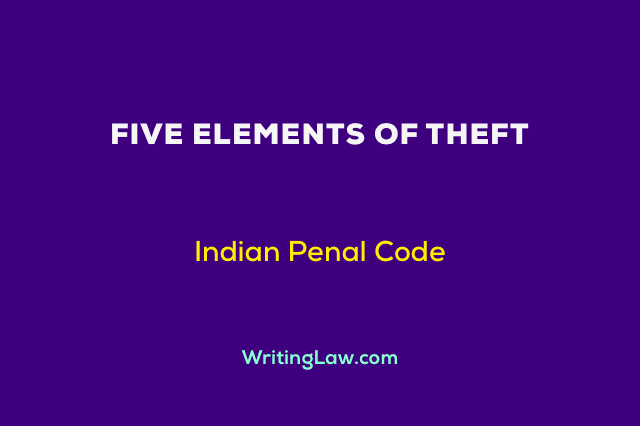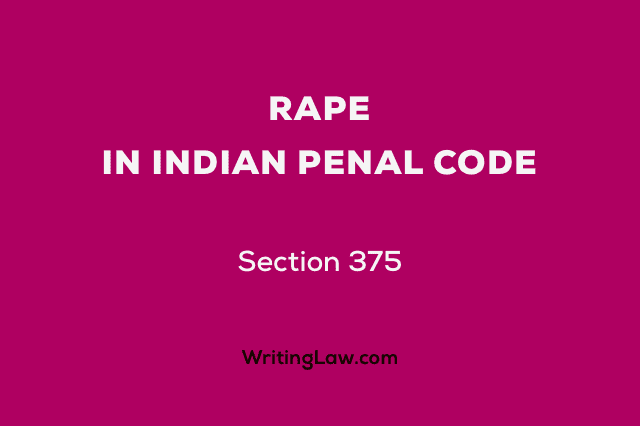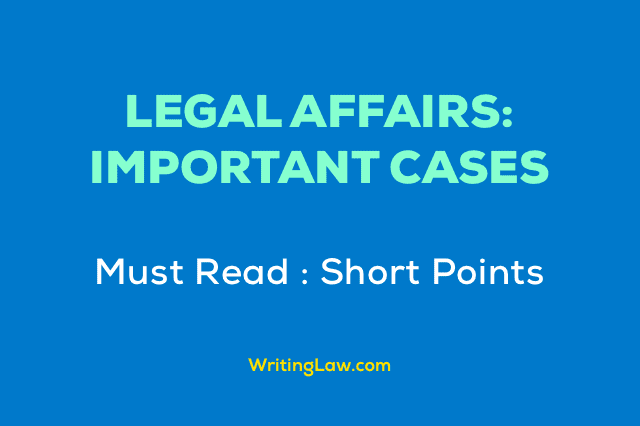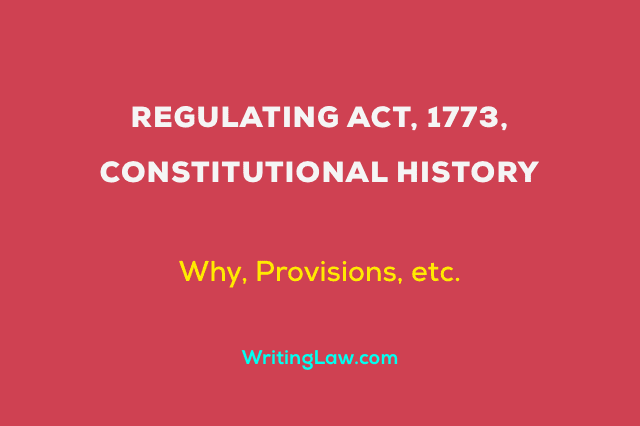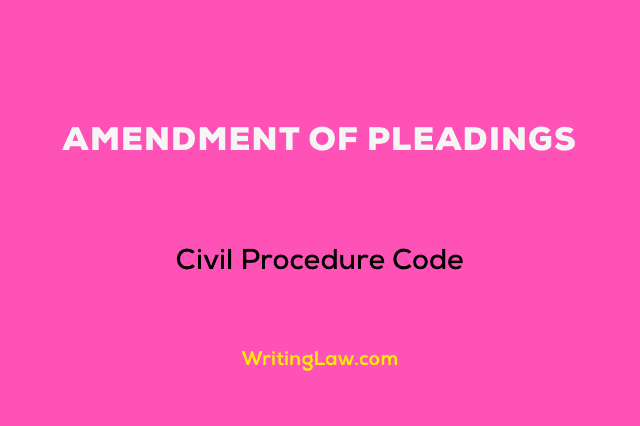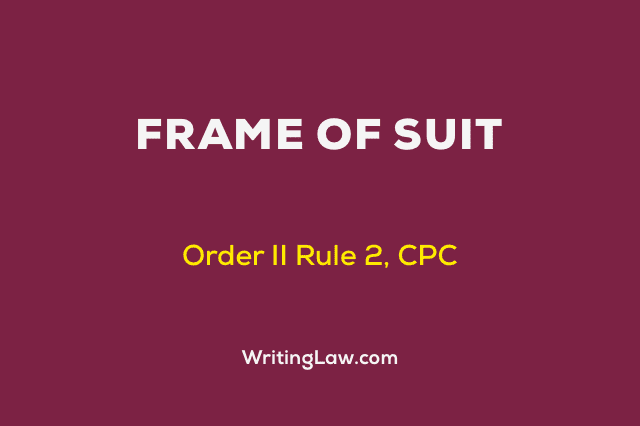What Is Primary And Secondary Evidence
Section 62 says that primary evidence means the original document itself. The evidence which is not secondary is primary.
Section 61 of Evidence Act says that the content of a document can be proved by two modes – primary evidence or secondary evidence.
It means there is no other prescribed method by law for proving the content of a document.
KEEP READING


